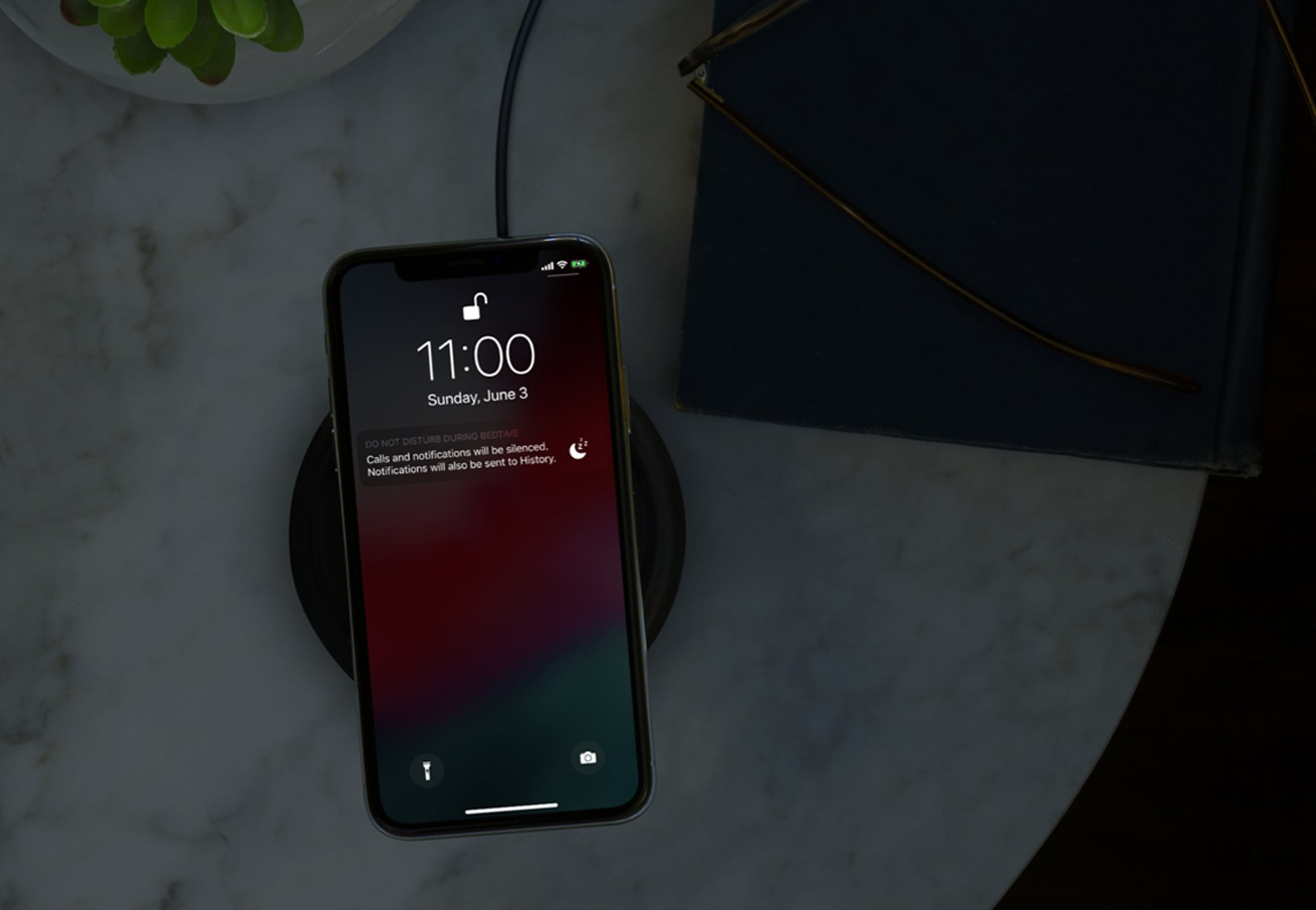You Shouldn’t Charge Your iPhone Overnight
Many believe that charging your iPhone at night while you sleep can cause long-term battery damage. While this was a pretty convincing argument in the past and might have been true at one time, it’s never been a serious problem for the iPhone (or any other modern electronic device that uses lithium-ion batteries). It’s impossible to overcharge an iPhone’s battery.
At most, there was a time when charging overnight could have negatively impacted the health of your battery by leaving it at a full charge longer than necessary. However, that’s not even an issue for iPhone users anymore. That’s because the iPhone now includes features that help reduce battery wear and tear.
For starters, there’s a feature called Optimized Battery Charging, which learns your charging patterns to slow down charging once your iPhone hits 80%. For instance, if you leave for work at 7:00 a.m. and your iPhone charges to 80% at 3:00 a.m., it will automatically slow down its charging time so it doesn’t reach the 100% mark until around 7:00 a.m., reducing the amount of time your battery sits at a full charge, which is better for its long-term health.
Additionally, Apple added a Charge Limit feature to the iPhone 15 and later models, which lets you manually set a lower charging threshold, between 80% and 95%, to preserve the phone’s battery lifespan. Once set, the iPhone will (almost) never charge above this level — Apple says it may “occasionally charge to 100 percent to maintain accurate battery state-of-charge estimates,” but this rarely happens in our experience.
Both of these features can be found in Settings > Battery, and they guarantee that you can leave your iPhone charging at night without worrying about placing extra wear and tear on your iPhone battery. To be clear, it’s always completely safe to charge your iPhone overnight, but using these settings will ensure that your battery stays healthy so it can hold a maximum charge for longer, which you’ll appreciate if you plan to keep it for more than a couple of years.

